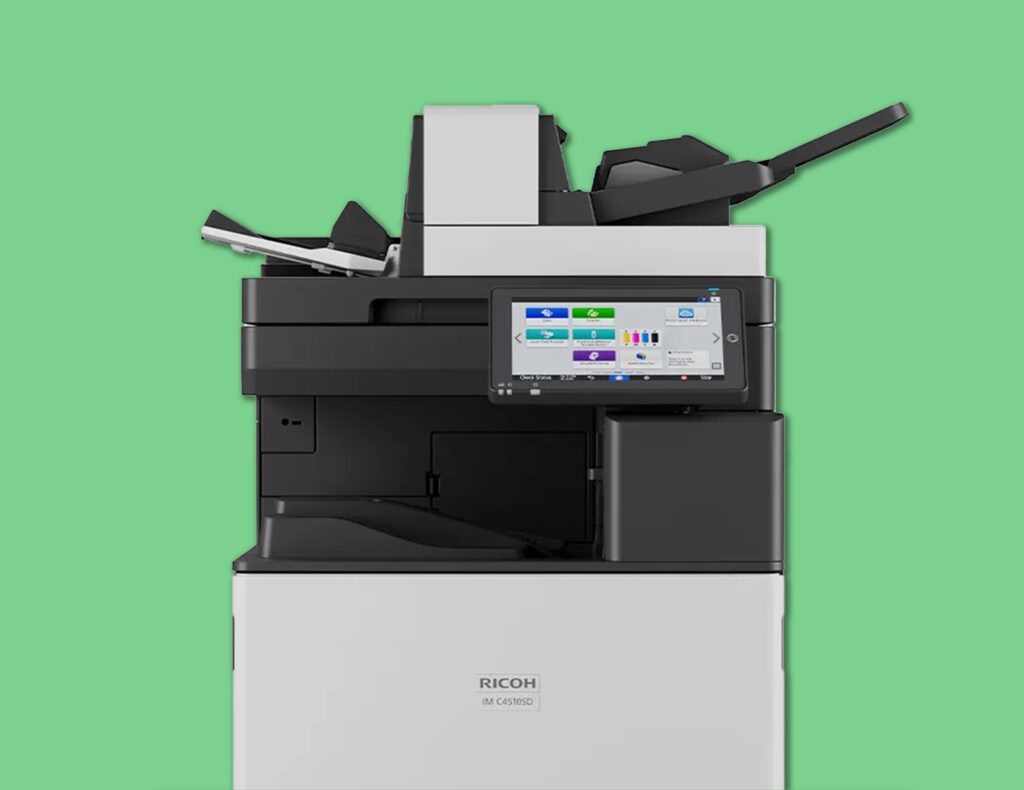
When a medical practice closes—whether due to retirement, a merger, or an emergency—one of the most important legal and ethical responsibilities left behind is the proper handling of patient medical records. That’s where a medical records custodian comes in.
But what exactly does a custodian do, and why does it matter so much during a transition? In this post, we’ll break down the role, the regulations, and how providers can ensure compliance and peace of mind for their patients.
What Is a Medical Records Custodian?
A medical records custodian is the person or entity legally responsible for maintaining, safeguarding, and providing access to patient health records when the original provider is no longer available to do so.
This role becomes essential when:
- A physician retires or passes away
- A practice merges with or is acquired by another
- A healthcare facility shuts down unexpectedly
- A license is suspended or revoked
The custodian is obligated to:
- Store medical records securely for the full retention period (which varies by state and record type)
- Provide timely access to patients, legal representatives, or other authorized parties
- Comply with all applicable laws, including HIPAA, state medical board guidelines, and insurance regulations
Without a designated custodian, practices risk violating federal and state privacy laws, which can lead to patient complaints, penalties, or disciplinary actions from licensing boards.
Why a Custodian Matters During Practice Closure
Failing to properly manage patient records during a practice closure can lead to serious consequences. Appointing a medical records custodian isn’t just a courtesy—it’s a legal safeguard. Here’s why:
1. Protecting Patient Rights
Patients have a legal right to access their medical history—even after their provider has closed shop. A custodian ensures continuity of care by making those records available to new providers, specialists, or legal representatives. This access can be critical for chronic care management, legal claims, or insurance purposes.
2. Maintaining Compliance
Federal laws like HIPAA, as well as state-specific medical retention statutes, require healthcare providers to keep patient records for a defined number of years (often 7 to 10). A custodian understands these timelines and ensures the records are retained securely for the full duration.
3. Reducing Legal Liability
Medical records often serve as key evidence in malpractice claims, insurance disputes, or licensing board reviews. If a former patient files a complaint years after closure, missing or mishandled records can jeopardize a legal defense. A custodian maintains the chain of custody and preserves documentation in a tamper-proof, retrievable format.
4. Managing Post-Closure Requests
Even years after a practice shuts down, former patients or their representatives may request access to records. A medical records custodian is equipped to respond to these requests promptly and in full compliance with HIPAA, freeing the original provider from ongoing administrative burden and risk.
What Are the Options for Appointing a Custodian?
Physicians and healthcare groups have several options when it comes to appointing a custodian:
| Option | Pros | Cons |
|---|---|---|
| Another Healthcare Provider | Familiar with patient care and charting systems | May not want the responsibility or legal risk |
| Records Management Company | Scalable, secure, and HIPAA-compliant | May involve longer-term contracts |
| Practice Administrator | Knows internal procedures and workflows | May lack training or authority to manage records |
Working with a professional custodian service like Emerald Document Imaging ensures compliance, secure access, and a seamless transition of responsibility.
When Should You Appoint a Custodian?
The best time to designate a medical records custodian is before a closure is imminent. Proactive planning protects both the provider and their patients.
Key scenarios that warrant appointing a custodian include:
- Planning for retirement or semi-retirement
- Selling, merging, or consolidating practices
- Facing disciplinary action or legal review
- Creating an estate plan as a solo practitioner
In the case of sudden emergencies (such as a provider’s death), the responsibility for record management may fall to an executor, surviving partner, or even the state medical board. That’s why pre-designating a qualified custodian is so important.
What to Look for in a Custodian Service
If you decide to work with a third-party custodian, here are some features and credentials to look for:
- HIPAA-compliant infrastructure for digital and physical records
- Secure storage with audit trails and controlled access
- Long-term availability to manage records for the full retention period
- Responsive support for patients, legal requests, and provider inquiries
Reputable custodians often offer additional services like record digitization, indexing, and shredding once the retention period has passed.
The closure of a medical practice doesn’t end a provider’s responsibility to their patients. Appointing a qualified medical records custodian ensures those responsibilities are met with professionalism, legal compliance, and compassion.
If you’re closing, merging, or planning for the future of your practice, our team at Emerald Document Imaging can help with:
- HIPAA-compliant medical records storage
- Secure and timely patient access handling
- Long-term compliance and retention management



